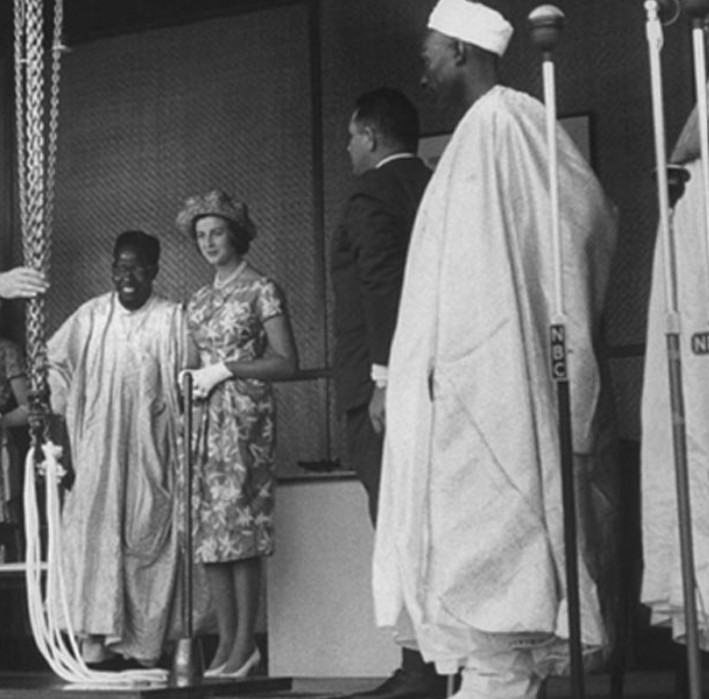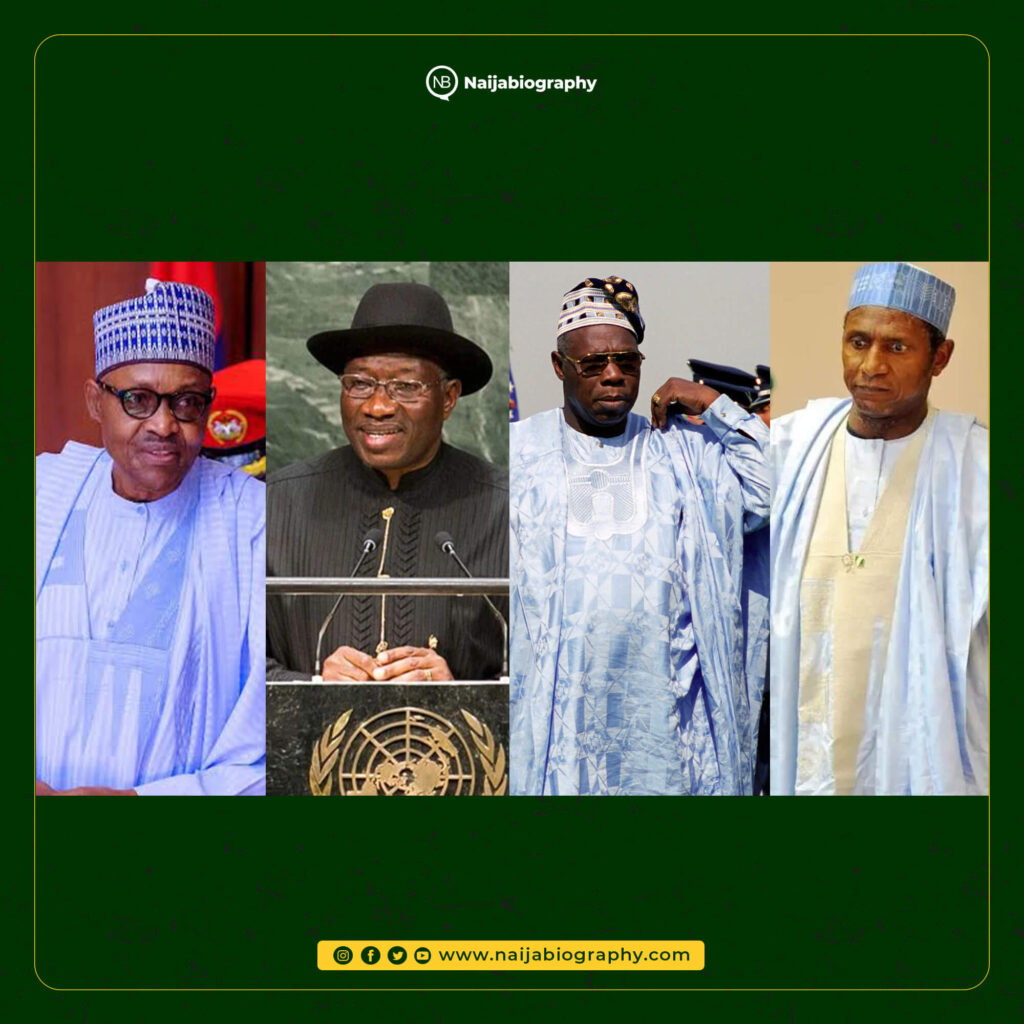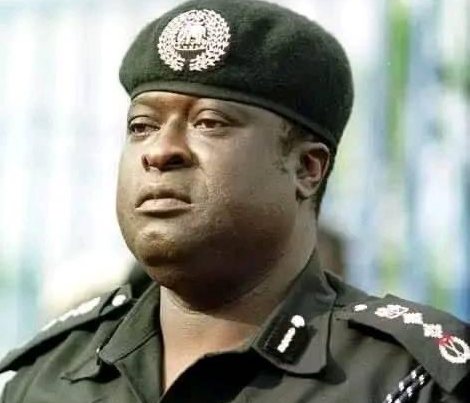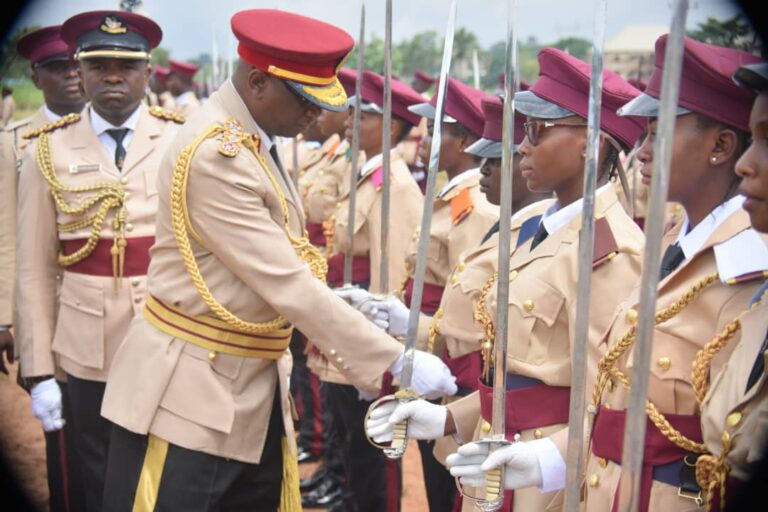After several years of suffering and slavering, Nigeria was granted independence on October 1, 1960, under a constitution that stipulated a parliamentary system of government and a substantial measure of regional autonomy. This is a continuation of the History of Nigeria’s Independence of 1960: Before and after colonization.

After the independence, Nigeria started practicing the British system of government, where there was a prime minister and a ceremonial president (nominal authority or power). Nnamdi Azikiwe became governor-general on November 16, 1960, with Abubakar Tafawa Balewa as prime minister, and became the first Nigerian named to the Privy Council of the United Kingdom. Read the differences between the Prime Minister and President
Due to the alliance imposed between the Northern People’s Congress and the National Congress of Nigeria and Cameroun in 1959, during the general election held to select the president, prime minister, and members of the house of assembly, the two of them took on leadership roles.
At the time of independence, Nigeria had not entirely severed its ties with the British as there were still some parts under British dominance, Up until October 1963, when Nigeria officially became a republic, Nigeria broke all ties with the British government and proclaimed itself the Federal Republic of Nigeria.
Nigeria changed from the British system of government to the American system of government, which combined the positions of prime minister and ceremonial president into one like it’s done in America. Nigeria elected Nnamdi Azikiwe as the first President of the Republic of Nigeria in 1963.
Military Rule
Nnamdi Azikwe won the election under the National Council of Nigeria and Cameroons (NCNC), later changed to the National Convention of Nigerian Citizens. Other political parties at that time were the Borno Youth Movement, the Democratic Party of Nigeria and Cameroons, Action Group (Dominate Southwest Nigeria), the Nigerian National Democratic Party, the Northern Elements Progressive Union, the Northern People’s Congress, and many other parties.

The Position was held by Azikwe from 1963 – 1966 and Nigeria was governed by the constitution that was designed shortly before independence. Tafawa Balewa remains the prime minister till January 1966.
On January 15th, 1966, a group of mutinous Nigerian soldiers (mostly south-eastern Igbos) led by Chukwuma Kaduna Nzeogwu and Emmanuel Ifeajuna killed Prime Minister Tafawa Balewa and 22 people.
Many people died, including Tafawa Balewa, Samuel Akintola, Ahmed Bello, and Festus Okotie-Eboh. The president, Nnamdi Azikiwe was out of the country when the coup was taking place, He was the most well-known politician who survived the coup. Nnamdi Azikwe and his colleague were forcefully removed from the presidential position. They take over all institutions of government
The coup brought in Johnson Thomas Umunnakwe Aguiyi-Ironsi, who became the first Military Head of State of Nigeria.
Another countercoup surfaced in July 1966. The northern part of Nigeria believed that it was an Igbo conspiracy, so the northern military, led by Theophilus Danjuma, planned a revenge coup against their brothers that were killed during the January coup. The coup led to the deaths of Major-General Aguiyi Ironsi and Adekunle Fajuyi, as it was an equally bloody coup.
As a result of this incident, Nigeria entered a civil war because officers from the eastern region could not accept the thought that their people were being killed in the north. The civil war took place between 1967 and 1970.
Before the subsequent Nigerian Civil War was put to an end by Gowon’s infamous “No victor, no vanquished” statement in 1970, it is estimated that 3.5 million people died in the country (mainly starving children). However, military authority persisted in Nigeria for an additional 9 years following the civil war.
In 1977, a constituent assembly was elected to draft a new constitution, which was published on September 21, 1978, when political activities were unbanned. In 1979, another election was held that led to the Second Republic. Five political parties contested in a series of elections in which Alhaji Shehu Shagari of the National Party of Nigeria (NPN) was elected president. All five parties won representation in the National Assembly.
In 1983, the government was accused of corruption, which led to the military taking over again. The military destroyed the Second Republic, and Major General Muhammadu Buhari became the leader of the Supreme Military Council (SMC). In August 1985, Buhari was overthrown by the SMC’s third-ranking member, General Ibrahim Babangida, and his reason was the abuse of authority, human rights crimes by prominent SMC officials, and the administration’s failure to address the nation’s worsening economic situation.
Babangida restored freedom of the press and release political detainees being held without charge. He was military president till 1993 when he “stepped aside” after rejecting the fairest and freest election in Nigeria’s history.
Without the support of the military, he was forced to hand over to the famous businessman, Ernest Shonekan. On November 17, 1993, Defense Minister Sani Abacha took over as Nigeria descended into anarchy and forced Shonekan to resign.
Sanni Abacha became the military president till he died of heart failure on June 8, 1998. He was replaced by another military man, General Abdulsalami Abubakar, who appointed the Independent National Electoral Commission (INEC) in August 1998 to conduct elections for local government councils, state legislatures, governors, the national assembly, and president. The elections were held on 5 December 1998, 9 January 1999, 20 February, and 27 February 1999, respectively. Olusegun Obasanjo won the presidential election, and Abdulsalam Abubakar, handed over power to a civilian president, Olusegun Obasanjo. 16 years of military rule in a row came to an end in Nigeria in May 1999 with the introduction of democracy.

Civilian Rule
Olusegun Obasanjo ruled Nigeria for eight years and handed over to the late Umaru Musa Yar’adua and his vice president, Goodluck Ebele Jonathan. Yar’adua fell ill and died, his vice president, Goodluck Jonathan took over office as President and ruled Nigeria till 2015 when he was voted out and Muhammadu Buhari of the APC became the president of Nigeria.
President Muhammadu Buhari and his vice president, Prof. Yemi Osinbajo, were voted in again in 2019 and will still be the president of Nigeria till 2023 when a new election will hold.
You see, Nigeria is a country with a lot of resources that can make life easy and great for the citizens, but corruption and selfish interests have caused the nation to be in a backward position. Tracing it back to the history you just concluded, it obviously shows that Nigeria’s political problem started in the 1960s before the civilian rule. I still believe Nigeria will be great and be the African giant that is being called.
You can see the full list of Nigeria presidents from 1960 – till present

































